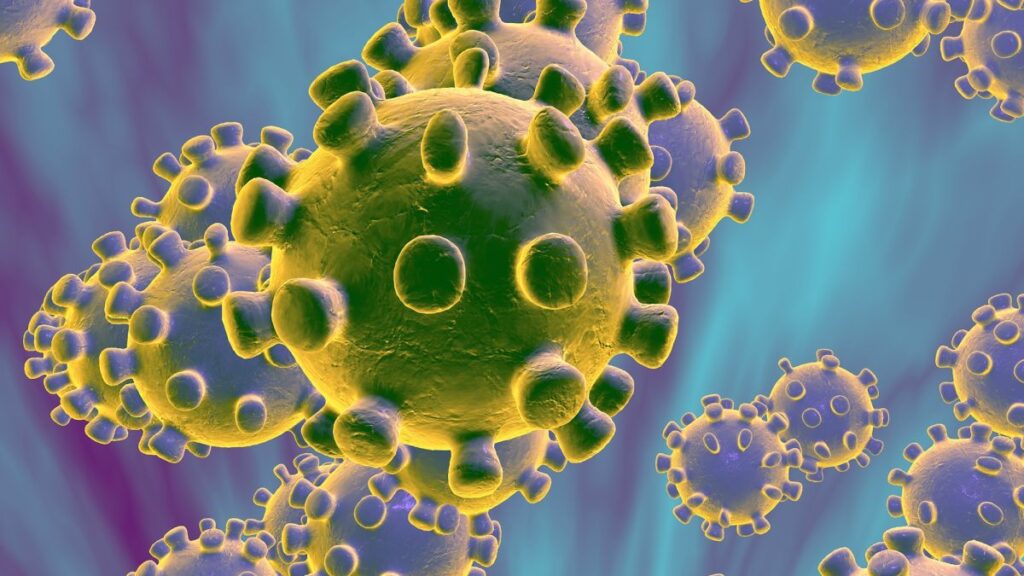
FOR IMMEDIATE RELEASE
Joint Statement: NFFE, AFGE, NAGE, NNU, SEIU 200 United
Contact: Steve Lenkart, 202-216-4458
Washington, D.C. –We health care workers in the Veterans Health Administration (VHA) system, deeply dismayed by the lack of preparations, planning, and communications so far in response to COVID-19, are calling on VHA management to work with us to ensure the nation’s VA health facilities can safely handle COVID-19. Together, our unions represent nearly 350,000 employees working within the VHA system.
We VHA health care workers are eager to take care of our veteran patients, but need the optimal staffing, equipment, supplies, communication, and education to do it safely. Our goal is to protect ourselves, our colleagues, our patients, and the public. If health care workers are not safe, patients and the public are not safe.
“Our members in the VA are frontline doctors, nurses, and caregivers who have dedicated their lives to caring for veterans in communities across the nation. More than one-third of them are veterans themselves. They have critical experience that can help the agency during this crisis,” said American Federation of Government Employees (AFGE) National President Everett Kelley. “It’s time for the VA to invite our members to the table, instead of kicking them off the property, so we can finally work together on a solution that protects the health and safety of employees, veterans, and the public.”
Most disheartening is the VHA hiding behind the Trump Executive Orders to justify its failure to include our unions and frontline health care workers in meetings and in discussions on COVID-19. The implementation of the Executive Orders has been designed to silence the voice of health care workers and their ability to communicate with their union.
“The Trump administration must understand that if they cannot protect health care workers from COVID-19, this country will lose the ability to effectively treat the masses of people in this country that may become infected,” said Randy Erwin, National Federation of Federal Employees (NFFE) national president. “It is clear from the administration’s utter lack of preparation at the Veterans Health Administration that they have not taken the steps necessary to protect health care workers charged with caring for our nation’s cherished veterans. That is a travesty, and it needs to be corrected immediately.”
We know the only way to successfully tackle this COVID-19 pandemic is to directly seek the input of and work with frontline health care providers to ensure that the plans, procedures, and protocols we implement in health facilities are effective.
“The VA’s failure to engage their employees and union representatives is disheartening and prevents all VA stakeholders from safeguarding our country’s veterans and employees from the COVID-19 virus,” said David J. Holway, president of the National Association of Government Employees (NAGE).
As health care professionals, we advocate following the precautionary principle in our approach to COVID-19. This means that you always take the safer route, wear the higher level of protective equipment, adopt the stronger standard — even when you don’t know for certain whether something is dangerous or not.
“If our nurses and health care workers are not protected, that means our veteran patients, their families, and our wider community is not protected,” said Irma Westmoreland, RN and a vice-president of National Nurses United, which represents thousands of registered nurses working in VHA facilities. “In the case of this virus, the precautionary principle means doing things like quarantining exposed workers for the full 14 days — paid! — even if the preliminary test of the patient comes back negative or “indeterminate.” It means providing equipment that covers your whole head, neck, body — even if it’s a bit more expensive and will require more education, practice, and staffing to use. It means you go above and beyond, because we really know very little about this virus.”
Instead of relaxing standards and efforts, like we have seen the Centers for Disease Control do just this week when it allowed simple surgical facemasks for health care workers even when they proved ineffective against SARS, we need to be stepping it up.
We know our VHA system is superior in many respects to the private, civilian health care system and we have the know-how, capacity, and skills to tackle this virus. We can set an example for the country, and look forward to working with the VHA to implement our demands:
- Implement plans and protocols in response to COVID-19 based on the precautionary principle, which holds that, lacking scientific consensus that a proposed action, policy, or act is not harmful – particularly if that harm has the potential to be catastrophic – such action, policy, or act should not be implemented and the maximum safeguards should be pursued.
- Clearly communicate with all health care workers and their unions, including notifying workers when there is a possible or confirmed COVID-19 case.
- Provide education and training for all health care workers, including on protective gear, donning and doffing, and all other protocols relating to COVID-19.
- Provide the highest level of protection, including functioning negative pressure rooms and personal protective equipment for health care workers providing care to possible and confirmed COVID-19 cases. Employer must ensure negative pressure rooms remain functional at all times during use. Highest level of PPE must include PAPR, coveralls meeting ASTM standard, gloves, temporary scrubs, and other protections.
- Plan for surge of patients with possible or confirmed COVID-19 including plans to isolate, cohort, and to provide safe staffing.
- Conduct a thorough investigation after a COVID patient is identified to ensure all staff and individuals who were exposed are identified and notified. Any health care worker who is exposed to COVID-19 will be placed on precautionary leave for at least 14 days and will maintain pay and other benefits during the full length of that leave.
# # #
